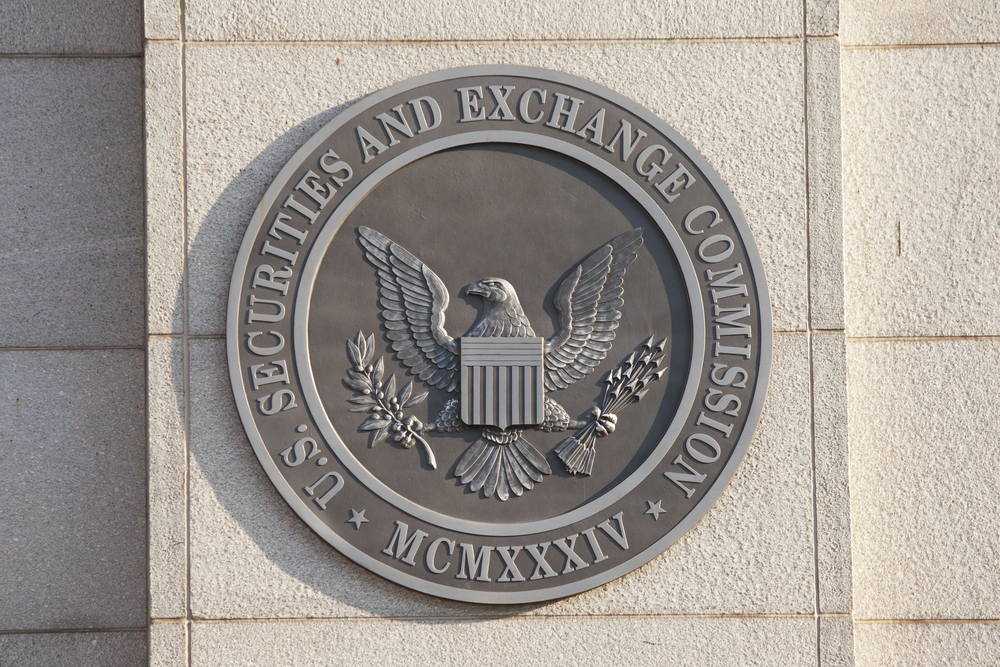
Last Thursday, Jay Clayton was officially sworn in as the new Chairman of the Securities and Exchange Commission. As the new Chairman takes office, here are a few things we’re keeping an eye on:
Will Chairman Clayton take a position on the recently introduced bipartisan bill that would increase civil monetary penalties in SEC enforcement actions? The “Stronger Enforcement of Civil Penalties Act of 2017” would significantly increase civil monetary penalties in enforcement actions to as much as $1 million per violation for individuals and $10 million per violation for entities, or three times the money gained in the violation or lost by the victims. The current maximum civil monetary penalties are $181,071 and $905,353 per violation for individuals and entities, respectively.
Will the new Chairman preserve the directive reportedly issued by former Acting Chairman Michael Piwowar to re-centralize authority to issue formal orders of investigation? In 2009, the SEC adopted a rule that delegated authority to issue formal orders initiating investigations to the Director of Enforcement, who then “sub-delegated” it to regional and associate directors and unit chiefs within the Enforcement Division. In February, Piwowar reportedly revoked the “sub-delegated” authority, ordering it re-centralized exclusively with the Director of Enforcement.
Will enforcement actions against public companies increase or decrease after hitting their highest level since 2009 last year? A recent report issued by the NYU Pollack Center for Law & Business and Cornerstone Research found that the 92 actions the SEC brought against public companies and their subsidiaries in 2016 is more than double the level of enforcement activity from just three years prior.
Relatedly, will the Division of Enforcement continue to make significant use of administrative proceedings? The Pollack Center report also noted that the vast majority of enforcement actions in 2016 were brought as administrative enforcement proceedings before SEC Administrative Law Judges (“ALJs”), rather than as civil actions in federal court. In March, the SEC filed a petition for rehearing en banc with the Tenth Circuit in Bandimere v. SEC after a divided panel ruled that ALJs should have been constitutionally appointed (rather than hired) pursuant to the Appointments Clause of the U.S. Constitution. The Tenth Circuit decision in Bandimere created a circuit split with the D.C. Circuit’s ruling in Raymond James Lucia Cos. Inc. v. SEC. However, the D.C. Circuit recently vacated the opinion and agreed to rehear that case en banc as well.
Also related, will the SEC under the new Chairman continue the practice, instituted under former Chair Mary Jo White, of insisting on admissions of wrongdoing from respondents in certain cases? The Pollack Center report also noted that, in a shift from prior years, at least three of the top ten monetary settlements from 2016 involved admissions of wrongdoing from the respondent.
Will Chairman Clayton support a uniform fiduciary duty standard? In the last year of the Obama Administration, the Department of Labor issued a rule that would expand the definition of an “investment advice fiduciary” under the Employee Retirement Income Security Act (“ERISA”) to include all financial professionals who work with retirement plans or provide retirement planning advice. The rule was scheduled to go into effect this year, but in February, President Trump issued a presidential memorandum directing the Department to review the rule and empowering it to rescind or revise the rule. In April, Acting Chair Piwowar stated that the SEC should take the lead in setting all investment advice standards. At least one financial services group has urged Chairman Clayton to make a uniform fiduciary standard a Commission priority.
Will FCPA enforcement shift under Chairman Clayton? Despite President Trump’s 2012 comments critical of the FCPA, in February, Piwowar expressed general support for imposing civil monetary penalties in FCPA cases. During Attorney General Jeff Sessions’ confirmation proceedings, he responded in writing that he would enforce the FCPA “as appropriate based on the facts and circumstances of each case.” In 2011, Clayton chaired a New York bar committee that published a report expressing concerns about the FCPA, including that it put companies covered by the law at a disadvantage compared to those not covered.
Will the new Chairman influence the stated focus areas of the Office of Compliance Inspections and Examinations (“OCIE”)? In January, the OCIE announced a focus on Retail Investors, Senior Investors and Retirement Investments, Market-wide risks, FINRA oversight, and cybersecurity, among others. In explaining its focus on Retail Investors, the OCIE, for the first time, said that it will undertake examinations to review firms delivering investment advice through electronic mechanisms, sometimes referred to as “robo-advising.”
Finally, who else will President Trump nominate to the Commission? The normally 5-member Commission currently has only 3 members – Republicans Clayton and Piwowar and Democrat Kara Stein. So, there are two vacancies – one Republican and one Democrat – for President Trump to fill. The appointments are significant, in part, because Clayton is expected to have to recuse himself from some cases because of his experience representing several large firms overseen by the Commission. Additionally, Commissioner Stein’s term ends in June, so the agency could be left with just two or – in cases where Clayton is recused – just one Commissioner.

